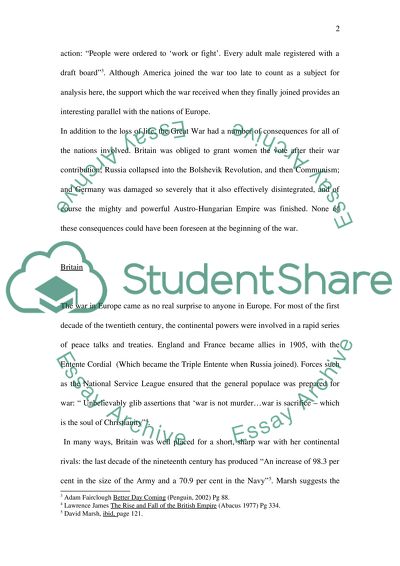Cite this document
(“First World War Essay Example | Topics and Well Written Essays - 2500 words”, n.d.)
Retrieved from https://studentshare.org/history/1532163-first-world-war
Retrieved from https://studentshare.org/history/1532163-first-world-war
(First World War Essay Example | Topics and Well Written Essays - 2500 Words)
https://studentshare.org/history/1532163-first-world-war.
https://studentshare.org/history/1532163-first-world-war.
“First World War Essay Example | Topics and Well Written Essays - 2500 Words”, n.d. https://studentshare.org/history/1532163-first-world-war.


